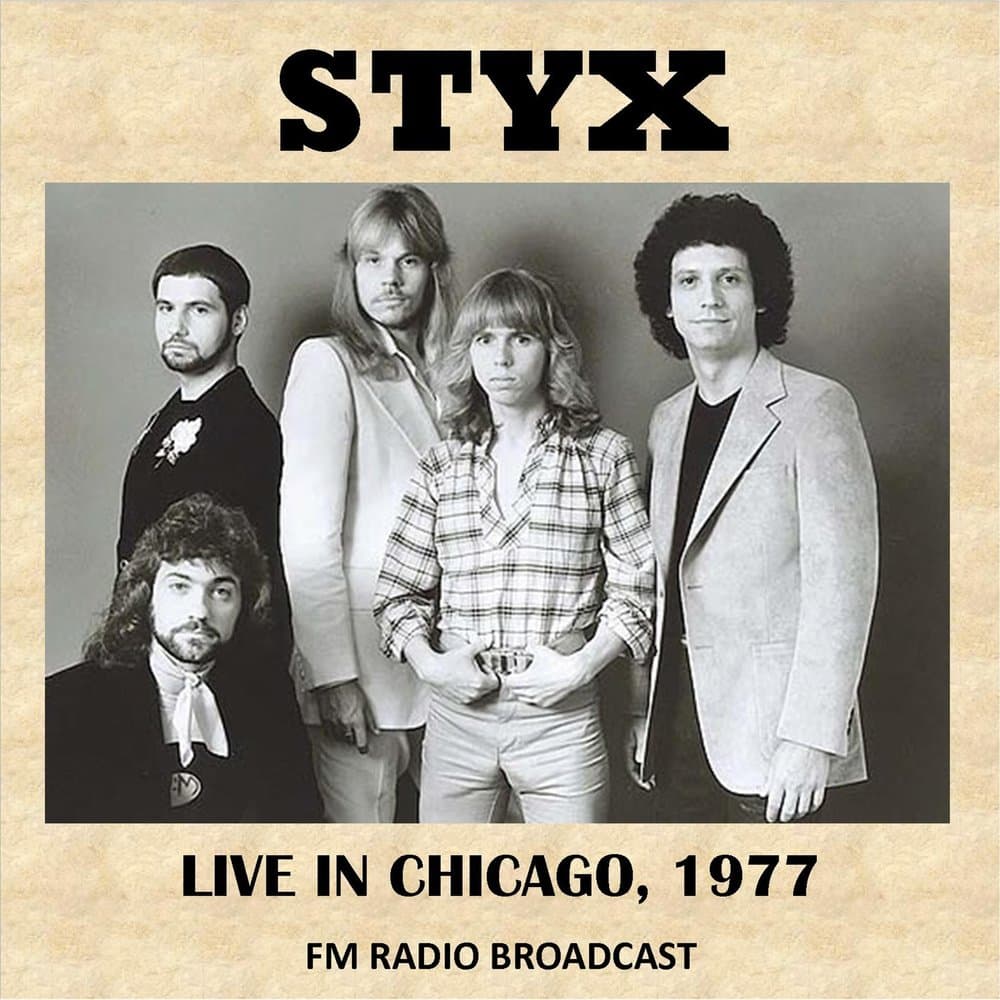
“Too Much Time on My Hands” by Styx stands as a timeless classic rock track that perfectly captures the frustration of boredom and unfulfilled potential. Released in 1981 on their album “Paradise Theatre,” the song is more than just a catchy tune—it reflects the economic and social disillusionment pervasive in the early 1980s. This era, marked by economic uncertainty, found many people trapped in cycles of restlessness, and Styx’s hit tapped directly into that shared experience, making it an anthem for the aimless and frustrated.
The narrative voice in the song speaks to anyone who has ever felt stuck in inertia, struggling with lethargy and self-deprecation. It opens with the starkly relatable line:
“Sitting on this barstool talking like a damn fool / Got the twelve o’clock news blues.” — Tommy Shaw, Styx lead vocalist and songwriter
This imagery vividly evokes a person wasting time in a local bar, weighed down by the inability to find direction or purpose. The lyrics, laced with sarcasm and wry humor, emphasize the absurdity of such moments but also the resigned acceptance that change might be out of reach. The repeated phrase “I’ve got too much time on my hands” highlights the deep boredom, yet it’s delivered with a humor that keeps the sentiment from becoming heavy-handed.
Musically, the song contrasts its lyrical theme with an upbeat tempo and an infectious rhythm. The distinctive synthesizers infuse “Too Much Time on My Hands” with a distinct early ’80s vibe, while the punchy bassline and tight drum patterns drive a lively groove. This musical energy makes the track a perennial favorite on classic rock radio and a highlight of Styx’s live shows. Tommy Shaw’s vocal delivery mixes swagger with exasperation, perfectly embodying the persona of someone caught between amusement and frustration at their own stasis.
The track soared to #9 on the Billboard Hot 100, marking it as one of Styx’s biggest hits. It became a concert staple cherished by fans, whose singalongs to the catchy chorus added to the song’s enduring popularity. Importantly, “Too Much Time on My Hands” fits into the broader narrative of the “Paradise Theatre” album, a bold concept project using the decline of a once-grand theater as a metaphor for the rise and fall of American prosperity. Within this context, the song symbolized the human cost of societal downturns—a theme that resonated deeply with listeners at its release.
Music historian Linda Johnson commented on the song’s lasting impact:
“The combination of humor, social insight, and rock energy in ‘Too Much Time on My Hands’ makes it remarkably timeless. Even decades later, it speaks to anyone feeling trapped by their own inertia in an uncertain world.” — Linda Johnson, music historian and critic
The song’s ability to blend sardonic social commentary with a lively rock foundation has cemented its place in rock music history. While very much an artifact of its era, its themes of boredom, frustration, and searching for meaning remain incredibly relevant today. In an age where distraction and anxiety are widespread, the song’s narrative of someone painfully aware of their idle predicament but too apathetic to act carries fresh relevance.
More than 40 years after its debut, “Too Much Time on My Hands” continues to feature prominently on classic rock playlists and inspire new generations. Its self-aware, playful tone prevents it from feeling outdated and ensures it endures not just as a nostalgic hit but as an insightful reflection on the human condition. In the words of longtime fan and concert-goer Mark Stevens,
“Every time I hear ‘Too Much Time on My Hands,’ it reminds me to not take life too seriously—even when you’re stuck in a rut, there’s humor to be found if you look for it.” — Mark Stevens, Styx fan and concert attendee
Ultimately, the song speaks to a universal experience: the challenge of finding purpose in the face of excess time and uncertainty. It’s both a humorous reflection and a poignant commentary, wrapped in Styx’s signature theatrical rock sound.